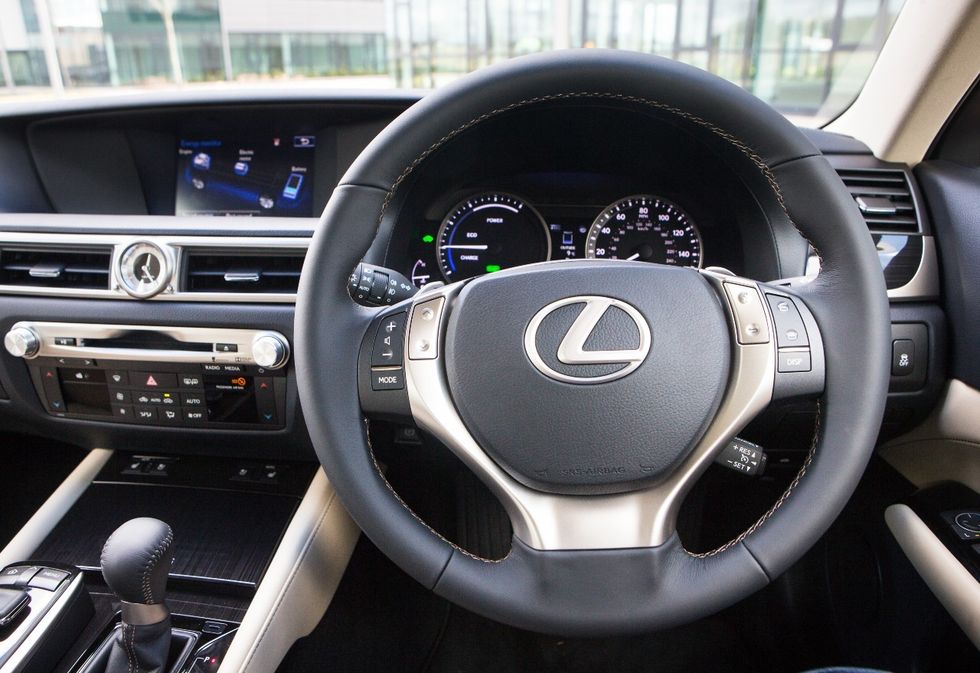Major car brands could be forced to ditch touchscreen dashboards and bring back physical buttons

From 2026, key safety features on the dashboard will have to be controlled by physical switches
Don't Miss
Most Read
Vehicles in the UK could transition back to physical buttons for functions as the safety inspectors look to introduce new guidance in favour of moving away from touchscreens.
Euro NCAP, the automotive safety industry body, has stated that from 2026, new guidance will be introduced to change key dashboard touchscreen functions in vehicles to physical switches instead.
The move follows the requirements of car manufacturers selling in Europe needing to have physical buttons for certain actions to be granted the highest safety ratings.
From January 2026, indicators, hazard warning lights, windscreen wipers, horns, and any other key safety features on the dashboard will have to be controlled by physical switches.
Do you have a story you'd like to share? Get in touch by emailing motoring@gbnews.uk

A study found that reaction times when using touchscreens slowed by up to 57 per cent
|GETTY
As long as the vehicle meets the other safety requirements, it will be granted the regulator's highest safety rating.
This is particularly important as businesses and drivers use these ratings when determining which vehicle can best suit their needs.
Matthew Avery, director of strategic development at Euro NCAP, said: “The overuse of touchscreens is an industry-wide problem.
“Almost every vehicle-maker moving key controls onto central touchscreens, obliging drivers to take their eyes off the road and raising the risk of distraction crashes.
“New Euro NCAP tests due in 2026 will encourage manufacturers to use separate, physical controls for basic functions in an intuitive manner, limiting eyes-off-road time and therefore promoting safer driving.”
While the touchscreen rules are not mandatory for manufacturers to follow, the risk of losing points and ratings may have an impact on the decisions of many of the leading brands in the upcoming years.
In 2020, the British Transport Research Laboratory carried out a study looking at the impact screens in cars had on driving performance and reaction times.
It specifically looks at Android Auto and Apple CarPlay infotainment, in addition to other touchscreens.
The results showed that the reaction time of motorists using such touchscreens slowed by up to 57 per cent.
Android Auto is an in-car entertainment system that mirrors a mobile device's home screen and provides a driver with access to voice commands to perform various tasks.
This includes access to ‘Hey Google’ or ‘OK Google’ hands-free calling and messages, navigation and listening to music and podcasts.
Apple CarPlay is a similar product which allows cars to connect to iPhones and gives drivers access to other apps such as audio, messaging and voice apps.
LATEST DEVELOPMENTS:
- Electric car switch in danger as drivers attack Hunt for ignoring 'bizarre tax' - 'enormously disappointing'
- Jaguar to end production of petrol and diesel vehicles as it moves to 'next-generation electric models'
- Tesla suspends EV production after 'arson attack' as Elon Musk blasts 'dumbest eco-terrorists on Earth'

Central infotainment screens have exploded in popularity in recent years
|PA
It also allows controls other apps in categories like third-party parking, EV charging, fuelling and driving task apps.











